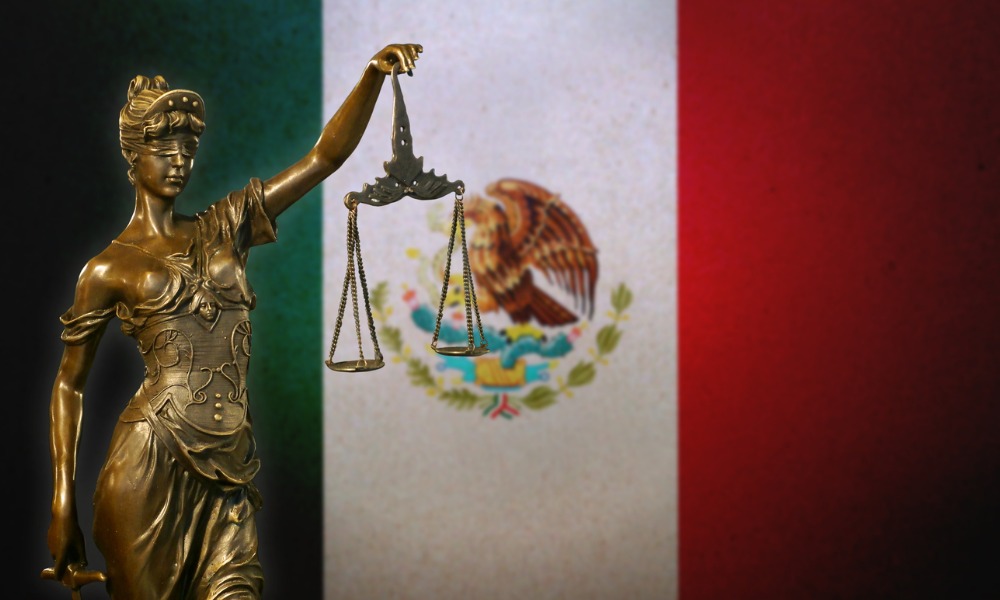
IBA president urges careful study of proposed changes’ potential impact on judicial independence

The International Bar Association (IBA) has voiced serious concerns over the swift pace at which Mexico is advancing its proposed judicial reform, which could have far-reaching consequences for the country’s judiciary.
The proposed reform entailed significant changes to the judiciary, including the election of Supreme Court ministers, federal judges, and magistrates through popular vote, said a statement by Almudena Arpón de Mendívil Aldama, IBA president.
The potential changes also included reducing judicial terms, linking judicial salaries to executive branch salaries, and creating a judicial disciplinary court, which would also be elected by popular vote, she explained.
The reform – introduced by Andrés Manuel López Obrador, Mexico’s president – has raised alarms among both national and international legal organizations, the statement noted.
Apart from the IBA, other organizations – such as the Mexican Bar Association, the General Council of Mexican Lawyers, the Stanford Rule of Law Impact Lab, the Inter-American Dialogue’s Rule of Law Programme, and the New York Bar Association – also expressed concern that these reforms could undermine judicial independence, the statement said.
Arpón de Mendívil stressed the importance of an independent judiciary to the rule of law, the protection of fundamental rights, and the proper functioning of democracy.
She warned that the reform could compromise the judiciary’s mission to ensure independent, professional, and fair justice, as provided by the Mexican Constitution and international human rights treaties like the Universal Declaration of Human Rights and the American Convention on Human Rights.
“The Mexican Constitution leaves no room for doubt about recognising the highest hierarchy in the Mexican legal order to the human rights rules recognised in international treaties, thus strengthening the protection of rights in light of international human rights law,” said Arpón de Mendívil in the statement.
Next, she emphasized the significance of the rule of law in advancing sustainable economic growth. As one of the world’s largest economies, ranked 12th by gross domestic product according to the International Monetary Fund, Mexico should safeguard the rule of law, given its benefit to the country’s society, she said.
Arpón de Mendívil called for a careful consideration of the reform’s potential effects on judicial independence, fairness, and professionalism. Mexico should ensure that any changes would comply with international standards and would benefit Mexican society, she urged.